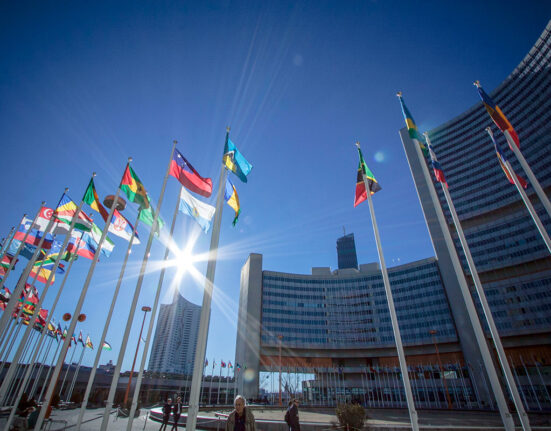England faced off against France in the opening match of Euro 2025, capturing the attention of football fans on both sides of the English Channel. The game drew an average of 2.6 million viewers on UK free-to-air commercial channels ITV1 and ITVX, with a notable audience share of 24.4 percent. When accounting for pre and post-match coverage, the total viewership during the game peaked at 3.5 million.
As England fought for a late equalizer, ITV’s broadcast reached its pinnacle with 3.9 million viewers tuning in just before 10 pm. Despite facing competition from Wimbledon tennis coverage on BBC and the Fifa Club World Cup on Channel 5, England’s Euro 2025 opener was the most-watched program across all UK channels that Saturday.
The figures for this year’s tournament marked a slight dip compared to England’s performance in Euro 2022, where their opening game against Austria raked in a larger viewership of 4.5 million—partly due to hosting privileges during that edition. Likewise, France Televisions attracted an audience of 2.8 million during France’s victory in their first match at Euro 2025, securing a total audience share of nearly 21 percent.
Notably, these numbers fell short when compared to previous major tournaments like the Fifa Women’s World Cup in Australia and New Zealand, where higher viewership figures were recorded despite early morning match timings—a trend worth exploring further.
With upcoming crucial matches on the horizon—such as England’s must-win fixture against the Netherlands—the dynamics of TV viewership are poised to shift again. Factors like scheduling conflicts and match importance can significantly influence audience engagement levels.
Moreover, broadcasting rights agreements between Uefa, European Broadcasting Union (EBU), BBC, ITV, France Televisions, and TF1 play a pivotal role in shaping how audiences access and consume live football content. These partnerships ensure widespread coverage but also impact viewer distribution across different platforms.
Experts suggest that understanding audience behavior patterns is crucial for broadcasters and stakeholders alike to tailor their strategies effectively amid evolving viewing habits and increasing competition from other entertainment options.
Looking back at landmark moments like England’s victory over Germany in Euro 2022—an event that set new records for women’s soccer viewership—it becomes evident that compelling matchups combined with strategic broadcasting can indeed capture massive audience interest.
As football enthusiasts gear up for thrilling clashes ahead—including France taking on Wales—the narrative around TV ratings continues to evolve alongside the unfolding drama on the pitch. Stay tuned as we witness how these storylines intersect in shaping television sports consumption trends moving forward.









Leave feedback about this